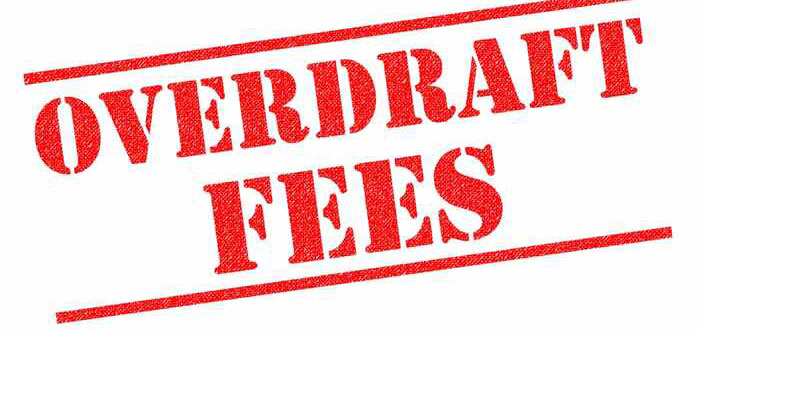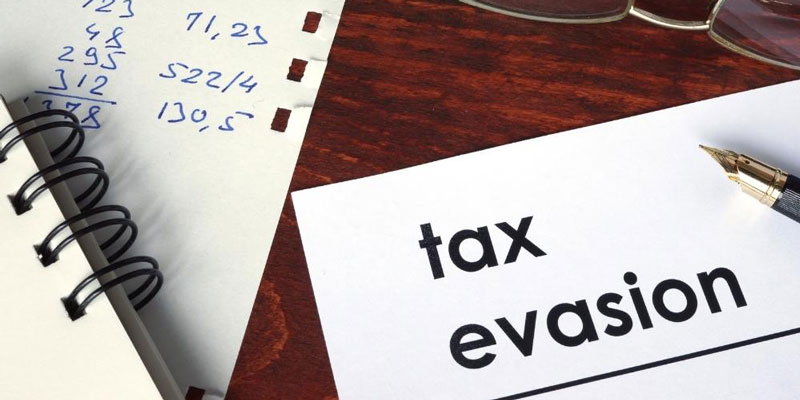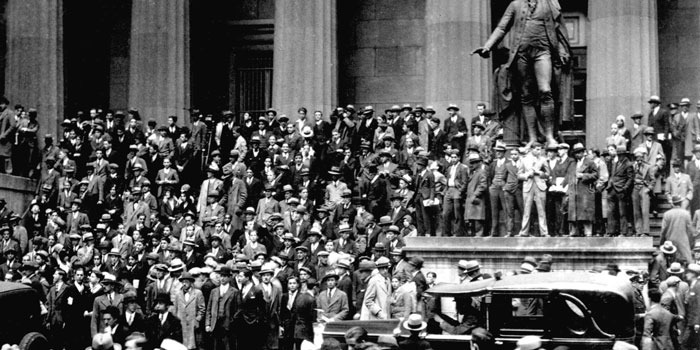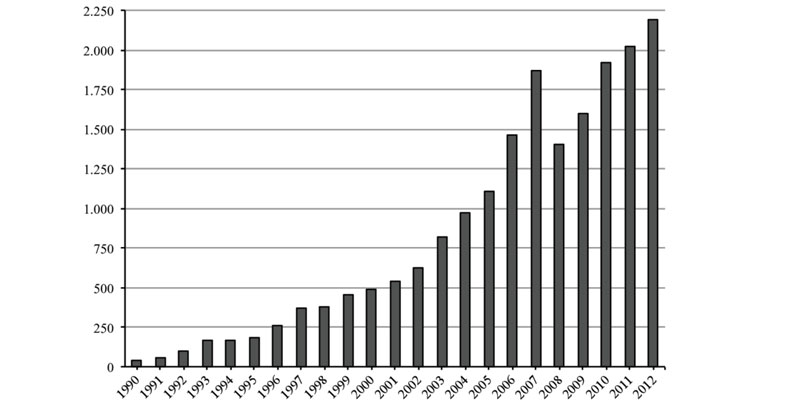Introduction
What are overdraft fees? You've been overdrawn if you need more money in your checking account to support a transaction or withdrawal, but the bank accepts it. To put it simply, a zero-balance loan is an extension of credit given by a financial institution. Suppose there are no funds in the account or insufficient funds to cover the withdrawal amount. In that case, the account user may withdraw using the overdraft feature. Overdraft services allow consumers to borrow money from their bank up to a specific limit. Overdraft fees and interest are associated with this loan. Overdraft fees at several institutions can be as high as $35.
How Much Do Overdraft Fees Cost?
The costs for going over your overdraft limit can differ between different banks. Bankrate has shown that the typical cost of an overdraft is $29.80. The fee is the same whether you overdraw $1 or $100, and it is constant regardless of the transaction size. Financial institutions, including Capital One and Citibank, have lately decided to do away with banks overdraft fees. Banks have sometimes reduced their fees; for example, Bank of America has reduced its overdraft fees from $35 to $10. Overdraft fees are still a significant punishment for customers, despite some banks abolishing them entirely.
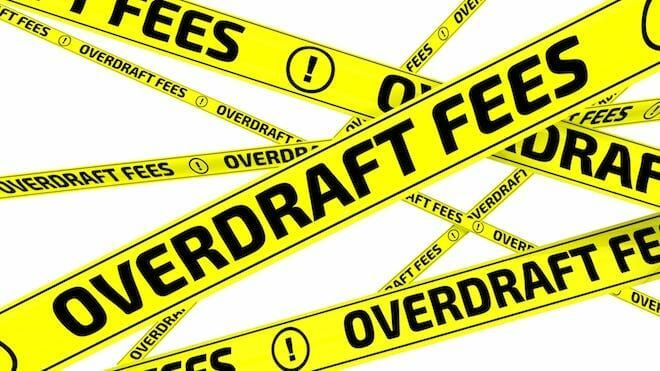
Overdraft Fee Example
The fee may be reimbursed if you can access an overdraft service through your bank. If you have an overdraft, the amount you owe the bank will cause your account balance to fall below zero. Let's say you've got $50 in the bank but need $75 for an unexpected bill like car repairs. It turns out you are $25 short, but the bank loans you the difference, and your payment goes through without a hitch. We'll pretend that the bank's overdraft fee is $30. After paying the $30 fee and the $25 overdraft, your account balance would drop to -$55.
What Can Be Done to Avoid Overdraft Fees?
Overdraft fees can be avoided by taking preventative measures to prevent account overdraws. Take note of these safety measures:
Track Your Daily Spending
Avoid worrying about whether or not you have enough money in your bank account only when you're about to make a purchase or payment by keeping track of your daily spending with an app or other online banking tools. Spending decisions can be made more precisely when the account balance, recent debits, and upcoming payments are all known in advance.
Keep Sufficient Funds in Your Account
Suppose you want to save money before you can pay for things. In that case, you need to get in the habit of making regular deposits into an account. Make sure you always have cash in your account by signing up for direct deposit if your work offers it. Creating a budget can help you determine how much of your income to put toward savings and how much you can spend on necessities each month.
Consider Overdraft Protection
Overdraft protection is a feature offered by some banks that lets you transfer money from your savings or another checking account into your primary checking account in case of an overdraft. It's possible to set up an automated transfer to that account whenever there's enough money in the other one to cover an overdraft. Transferring money between accounts may incur a fee, but it is usually far less than an overdraft charge. You may link your checking account to a credit card or line of credit at some financial institutions. Be aware that any withdrawals from a credit card could be considered a cash advance, resulting in increased interest rates and additional costs.
Sign Up for Text or Email Alerts from Your Bank
Depending on the bank, you can sign up for text or email notifications that notify you whenever your primary checking account balance falls below a certain threshold. Thanks to these alerts, you can avoid going into an overdraft. If you want to use this feature, you need to inquire about it with your bank.
Consider Not Opting into Overdraft Coverage
Not everyone needs or would benefit from overdraft protection. Keep in mind that if you don't sign up for this service, your regular debit card purchases and ATM withdrawals may be refused if your account balance is too low.

Conclusion
A bank customer can get an overdraft, or a short-term loan, to keep making withdrawals and bill payments even though their account is currently negative. If your bank provides overdraft protection, this can be a lifesaver in a pinch. Overdrawing your account, though, can result in fees or interest charges that you'd rather avoid.
